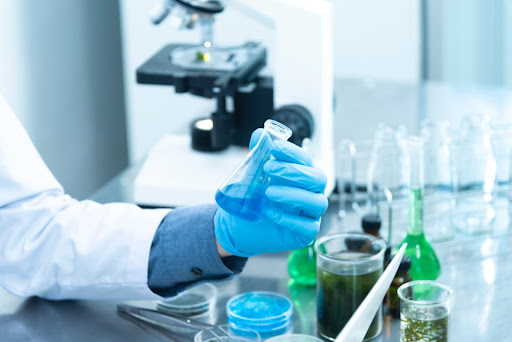Simply put, toxicology is defined as the ‘study of the effects of natural and man-made poisons on the human body.’ In a clinical pathology setting, toxicology refers to the testing for narcotic and other (prescription and otherwise) psychotropic substances in the human body.
What Is Toxicology Testing?
Toxicology testing is used to detect alcohol, drugs, and toxic chemicals. Testing can be completed using blood, urine, or saliva collected at any time of the day. Toxicology panels provide a comprehensive analysis indicating the presence of alcohol, amphetamines, anticonvulsants/antidepressants, barbiturates, benzodiazepines/muscle relaxants, nicotine/illicit drugs (cocaine), opiates/opioids, stimulants, and synthetics screens.
What Are the Types of Toxicology Tests?
A toxicology test is usually one of two types—Presumptive Screening Tests and Definitive Confirmation Tests.
Presumptive Screening
This type of test is ordered when the particular substance being checked for is uncertain. These tests are qualitative in nature and are usually done to check if there is the presence of any narcotic or other substances present in the sample.
The level of intensity of the substance is not determined in such tests—only their presence is. In the case of a negative test result, the screening process usually stops at that point. If the presence of one or more of the suspected substances is found, then definitive testing methods are used to determine their levels.
Definitive Confirmation
Tests of this nature are often ordered by a physician or other licensed healthcare professional when a person is suspected of being under the influence of a particular substance. It may even be ordered as a probe test because preliminary results from presumptive tests came back positive for certain substances, and more is to be probed about them. Definitive tests are quantitative in nature, meaning they can tell you exactly how much there was of a substance in a particular sample.
How Are They Done?
Toxicology tests can be performed using urine samples as well as saliva samples. At Clarity Labs, we provide hair sample testing, too, upon special request.
What Are Their Applications?
Many employers will require toxicology testing for their employees. Applications include, but are not limited to: pre-employment testing, routine drug testing, and post-incident/work related accidents. This is because employers have a responsibility to provide a safe and healthy workplace for their employees.
Toxicology tests are applied for the benefit of everyone, but employers significantly benefit from knowing the capabilities and limitations of their workers. Toxicology testing can help companies understand their work environment, assess worker susceptibility to chemical hazards, correct deficiencies in safety procedures, and ensure worker compliance with safety regulations.
Performance-enhancing drugs are also tested for in professional athletes to keep the sport and competition fair.
There is also a multitude of reasons that a tox screen report may be required/ordered by law enforcement.
Medical care providers will require toxicology reports when treating cases of accidental and unintentional overdose/poisoning.
If you are an employer in the New Jersey area and would like to use our toxicology facilities for drug testing potential employees, or if you are a provider who would like to tie up with us, feel free to contact us. Clarity Labs provides accurate results using state-of-the-art technology. We are committed to serving the community and believe that behind every sample is a patient that deserves the best.


